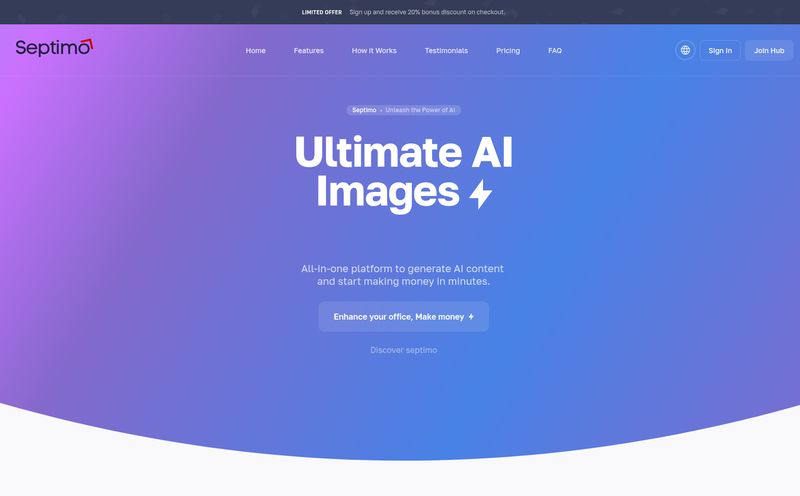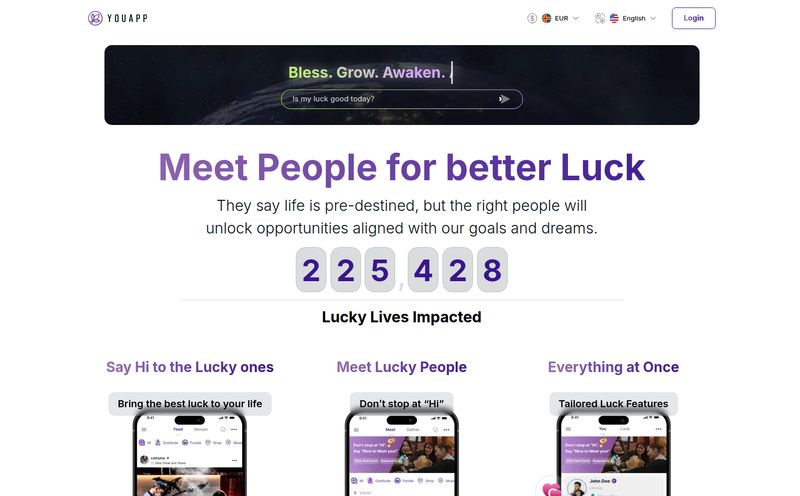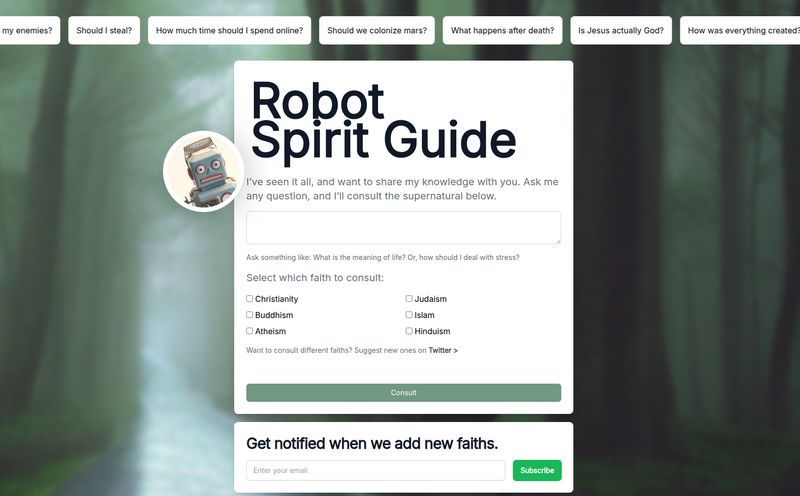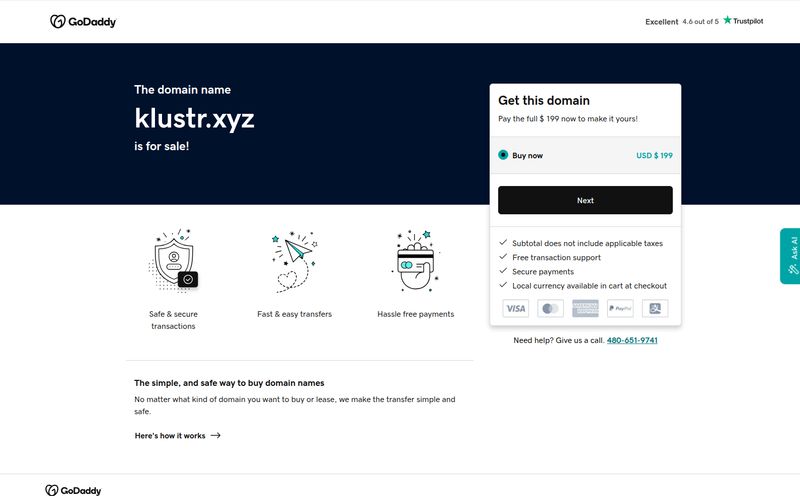Every company, big or small, has a digital junk drawer. You know the one. It's that chaotic mess of Google Drives, forgotten SharePoint sites, endless Slack threads, and a mountain of PDFs that hold the answers to… well, everything. But finding those answers? It's like trying to find a specific piece of hay in a needlestack. We’ve poured years into creating this data, and most of it just sits there, gathering digital dust.
For a long time, the solution was just better search bars. But that’s like putting a faster engine in a car with no map. You just get lost quicker. Then AI came along, and everyone got excited about chatbots and generative content. Cool stuff, for sure, but when you ask ChatGPT a question about your company's Q3 sales report, it just gives you a blank stare. It doesn't know your data.
This is the problem that’s been bugging me, and a lot of folks in the tech and marketing space, for years. How do we make AI smart about our stuff? That's where this concept of RAG, or Retrieval-Augmented Generation, comes into play. And that's where I stumbled upon a platform called Nuclia.
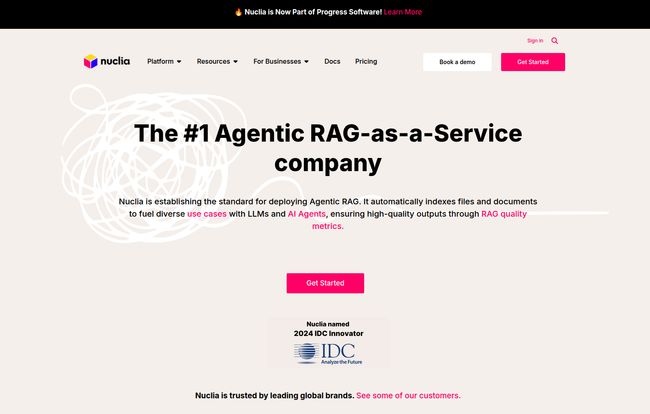
Visit Nuclia
So, What is Nuclia, in Plain English?
Okay, their website calls it an "Agentic RAG-as-a-Service company." Let's unpack that because it's a mouthful.
Think of it this way. RAG is like giving an AI a private, curated library to study before it answers your question. Instead of searching the entire, chaotic internet, it searches your documents, your videos, and your data first. It retrieves the relevant info and then uses its generative brain to give you a smart, contextual answer. It’s the difference between a know-it-all who's guessing and a research assistant who’s done their homework.
The "-as-a-Service" part means Nuclia handles all the horribly complex backend stuff for you. You don't need a team of PhDs to build this system from scratch. You just plug your data sources into Nuclia, and it builds and maintains that private AI library for you.
And the "Agentic" part? That's the secret sauce. It suggests Nuclia isn't just a passive tool waiting for a query. It's designed to be more proactive, to power AI 'agents' that can perform tasks and workflows. It's a subtle but powerful distinction that moves it beyond a simple Q&A bot.
The Features That Actually Caught My Eye
I've seen a lot of AI platforms promise the world. Most of the time, I'm left a bit underwhelmed. But digging into what Nuclia does, a few things really stood out to me as genuinely useful for businesses drowning in data.
It Ingests… Everything. No, Really.
This was the first thing that made me sit up. We're not just talking about text files and PDFs. Nuclia is built to automatically index unstructured data from pretty much any source. This includes video and audio transcription and even image content extraction. Imagine throwing a two-hour-long webinar recording at it, and having it not only transcribe the whole thing but make the content instantly searchable. You could ask, "What did Sarah say about CPC trends in the second half?" and get a direct answer. For companies with massive multimedia archives, this is an absolute game-changer.
Customizable RAG Pipelines
Nuclia isn't a black box. They offer what they call "Modular RAG," which, in my mind, is like building a custom PC. You can choose the components that work best for you. You can tweak and tune how the data is processed, which Language Model (LLM) is used for generation, and how results are presented. This is critical because a customer-facing support bot has very different needs than an internal developer tool. That level of control is something you don't often see in an "-as-a-Service" product, and it shows a deep understanding of real-world use cases.
It Actually Cares About Quality
Here's a dirty little secret in the AI world: sometimes the answers are just… wrong. An AI can hallucinate or pull irrelevant information with all the confidence in the world. Nuclia seems to tackle this head-on by providing RAG quality metrics by default. This means you can actually measure how well your pipeline is performing. You can see if your answers are grounded in the source material and how relevant the retrieved information is. For anyone who has to stand behind the AI's answers, this isn't a nice-to-have; it's a necessity.
Deployment: Your Data, Your Rules
This is a big one, especially for my clients in finance or healthcare. Data security isn't just a preference, it's a legal requirement. Nuclia gets this and offers a full spectrum of deployment options:
- 100% Cloud: The easiest and fastest way to get started. Everything is managed by Nuclia.
- Hybrid: A mix-and-match approach. Maybe you keep your sensitive data on your own servers but use their cloud for processing.
- 100% On-premise: The full lockdown. The entire Nuclia stack runs within your own infrastructure. You have complete control.
Offering on-premise deployment is a serious commitment and a major green flag. It tells me they're built for the enterprise and understand that data sovereignty is non-negotiable for many businesses.
Breaking Down the Cost: Nuclia's Pricing Tiers
Alright, let's talk turkey. This is powerful tech, and it's not priced like a simple SaaS app. Nuclia runs on a "subscription + consumption" model, which is important to understand. You pay a monthly fee for the tier, and if you go over your data limits, you pay for extra usage with something called "Nuclia Tokens."
The 'Fly' Plan
Starting at $600 a month, this is the entry point. You get a generous 14-day free trial to kick the tires. This plan gives you 10 GB of indexed data and lets you use powerful LLMs like ChatGPT 4o and Gemini 1.5 Flash. It's a solid choice for a specific project, a proof-of-concept, or a smaller company that wants to get its feet wet with RAG without a massive upfront commitment.
The 'Growth' Plan
Starting at $1,500 a month, this is for when things get serious. Your data limit jumps to 50 GB, you can upload larger files, and most importantly, you get access to all available LLMs. This plan also unlocks more advanced AI capabilities like auto-classification and document summarization, plus better support. This is the tier for companies looking to integrate Nuclia as a core part of their product or internal operations.
The 'Enterprise' Plan
As you'd expect, this is the "call us" plan. It offers unlimited data, the full suite of integrations, on-premise deployment, and dedicated support. This is for large-scale corporations with complex security, and compliance needs. If you're at this level, you're not just buying a tool; you're building a strategic partnership.
The Honest Downsides
No tool is perfect, and it's important to be realistic. The consumption-based pricing, while fair, means you need to keep an eye on your usage or costs could creep up. And while the modular RAG pipeline is a huge pro for experts, it could present a steep learning curve for teams without technical expertise. Finally, some of the most advanced features, like the AI Agents, are add-ons, which could add to the overall cost.
My Final Take: Is Nuclia the Real Deal?
After spending some real time with this, I have to say, I'm pretty impressed. Nuclia isn't for the casual blogger trying to set up a site search. It’s an industrial-strength solution for a very real, very expensive business problem: inaccessible data.
I see this being a massive win for companies in a few key areas. Think of a law firm that needs to instantly search decades of case files. Or a software company wanting to build an intelligent help desk that pulls answers from technical docs, tutorials, and community forums. Or even a media company that wants to make its entire video archive searchable by spoken word. The possibilities are huge.
The price tag means it's a considered investment, but the potential ROI is massive. It's about transforming that digital junk drawer from a liability into a strategic AI-powered asset. And in my book, that's a pretty compelling proposition.
Frequently Asked Questions about Nuclia
1. What exactly is RAG (Retrieval-Augmented Generation)?
RAG is a technique that makes Large Language Models (LLMs) more accurate and context-aware. Instead of just relying on its general training data, a RAG system first 'retrieves' relevant information from a specific, private knowledge base (like your company's documents) and then uses that information to 'generate' a more precise and factual answer.
2. Can Nuclia really handle video and audio files?
Yes, and this is one of its standout features. Nuclia can automatically transcribe video and audio files upon indexing. This means the spoken content within your multimedia files becomes fully searchable, allowing you to query them just like a text document.
3. What LLMs does Nuclia support?
The supported LLMs depend on your plan. The 'Fly' plan includes access to models like ChatGPT 4o and Gemini 1.5 Flash. The 'Growth' and 'Enterprise' plans provide access to all available LLMs, giving you the flexibility to choose the best model for your specific task.
4. Is there a free trial for Nuclia?
Yes, Nuclia offers a 14-day free trial for its 'Fly' plan. This allows you to test the platform's core functionalities and see if its a good fit for your needs before making a financial commitment.
5. What does "on-premise" deployment mean?
On-premise (or on-prem) deployment means the entire Nuclia software runs on your own company's servers and infrastructure, rather than on Nuclia's cloud servers. This option provides maximum data control and security and is typically used by large enterprises with strict data governance policies.
